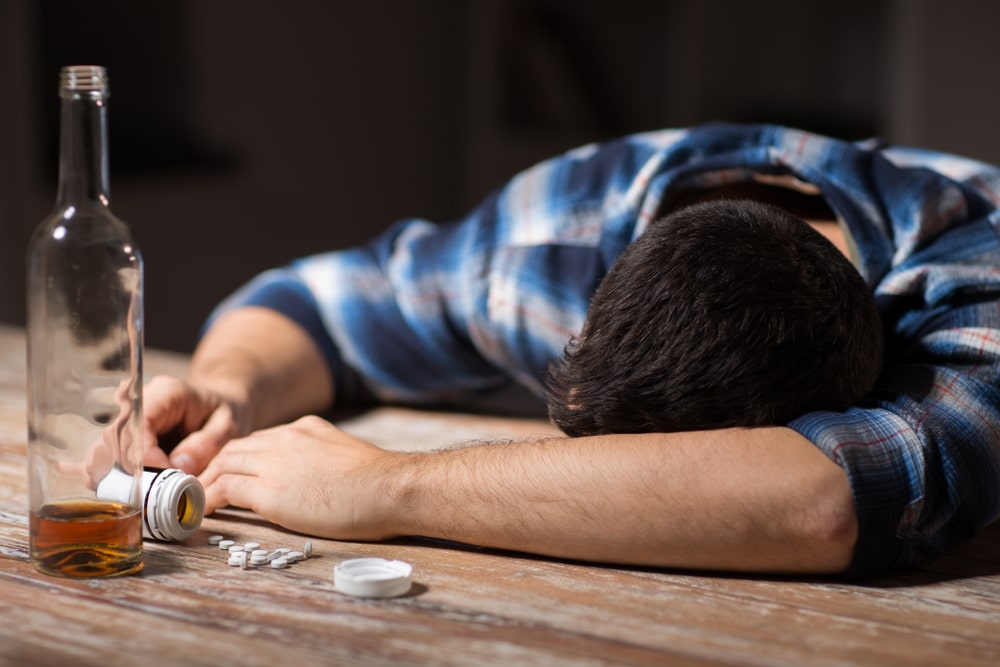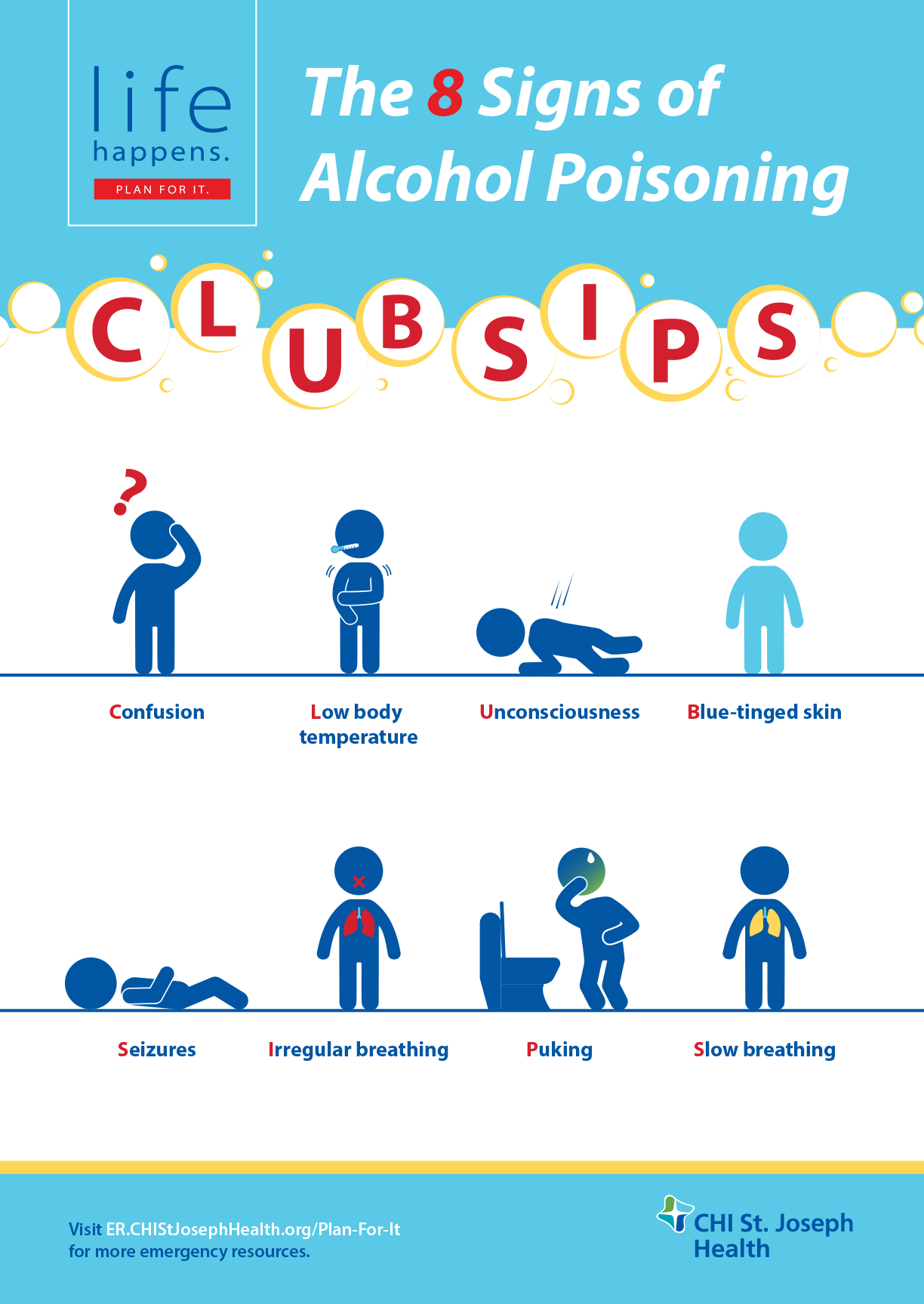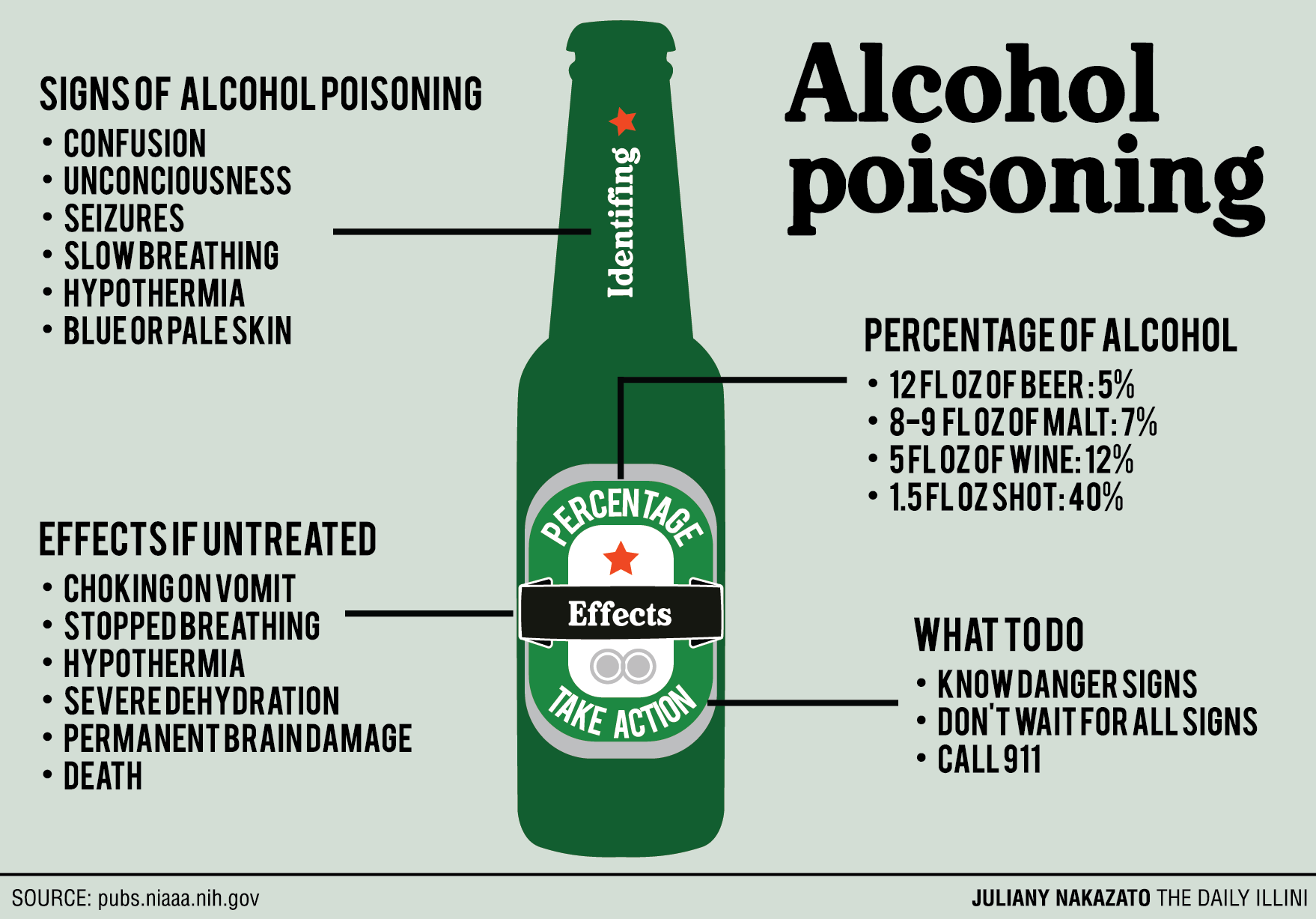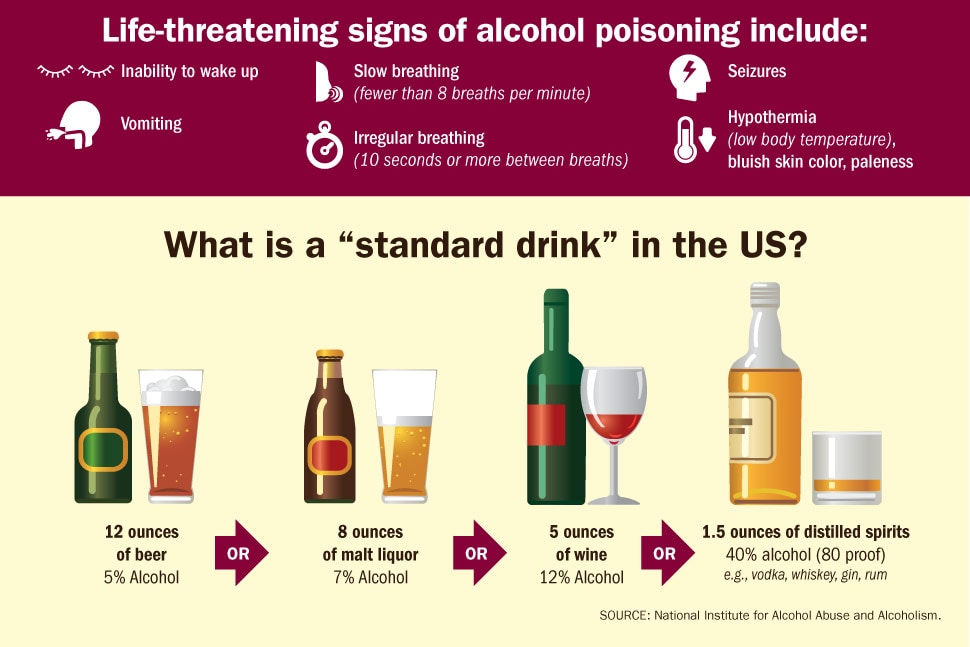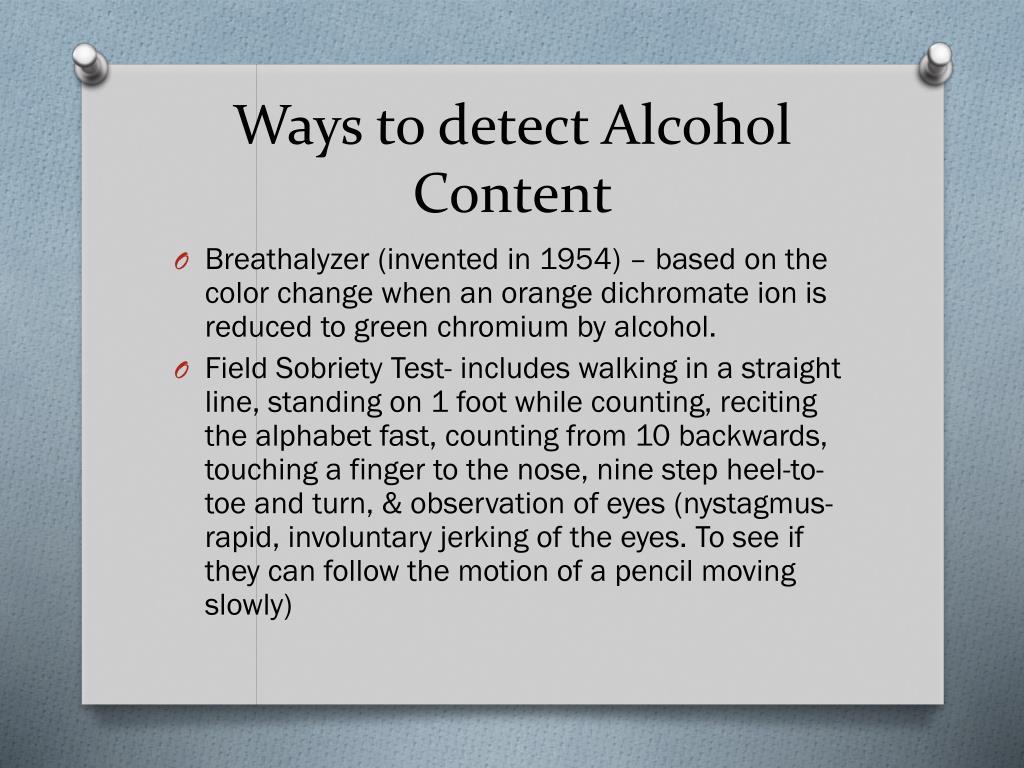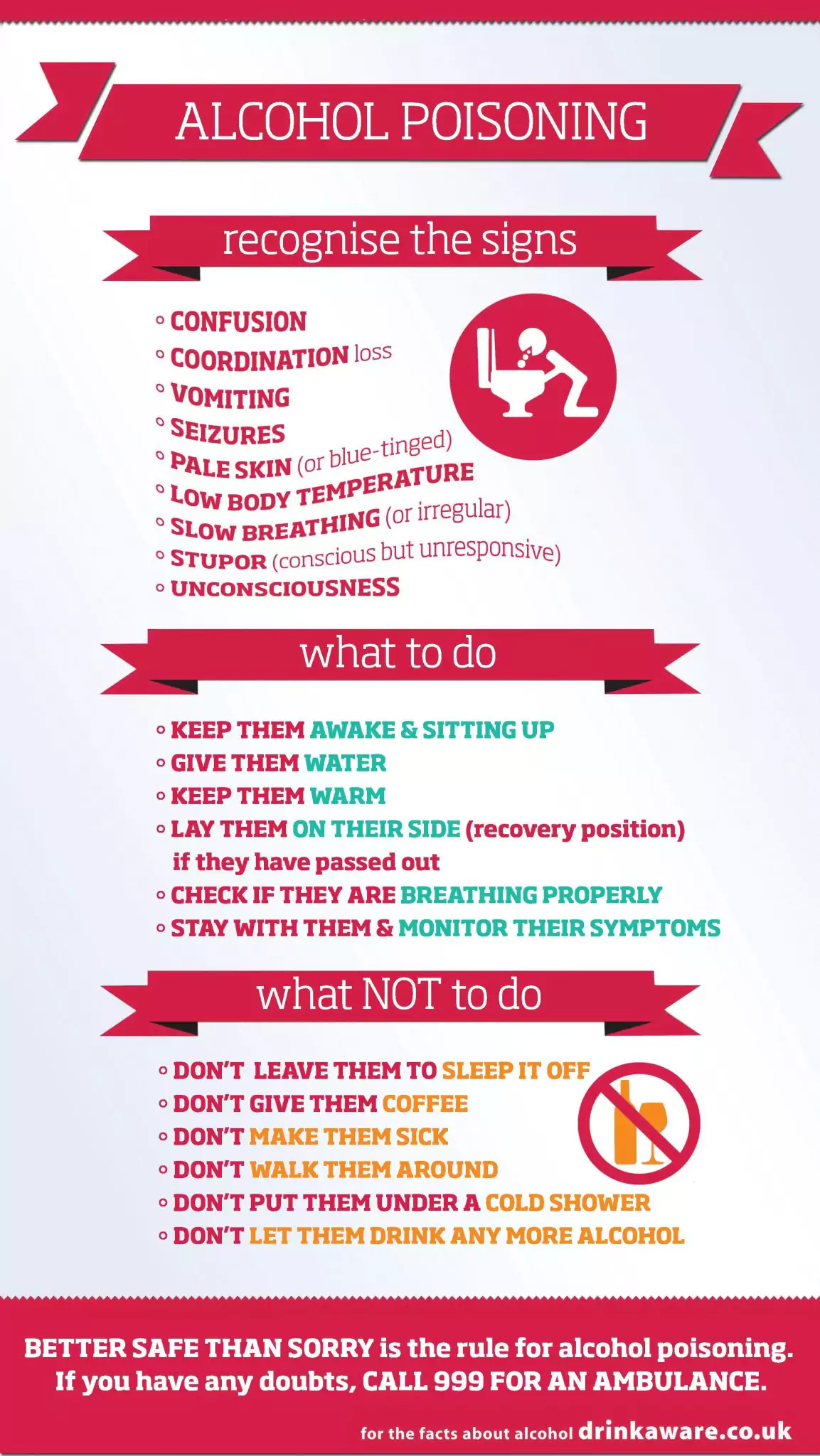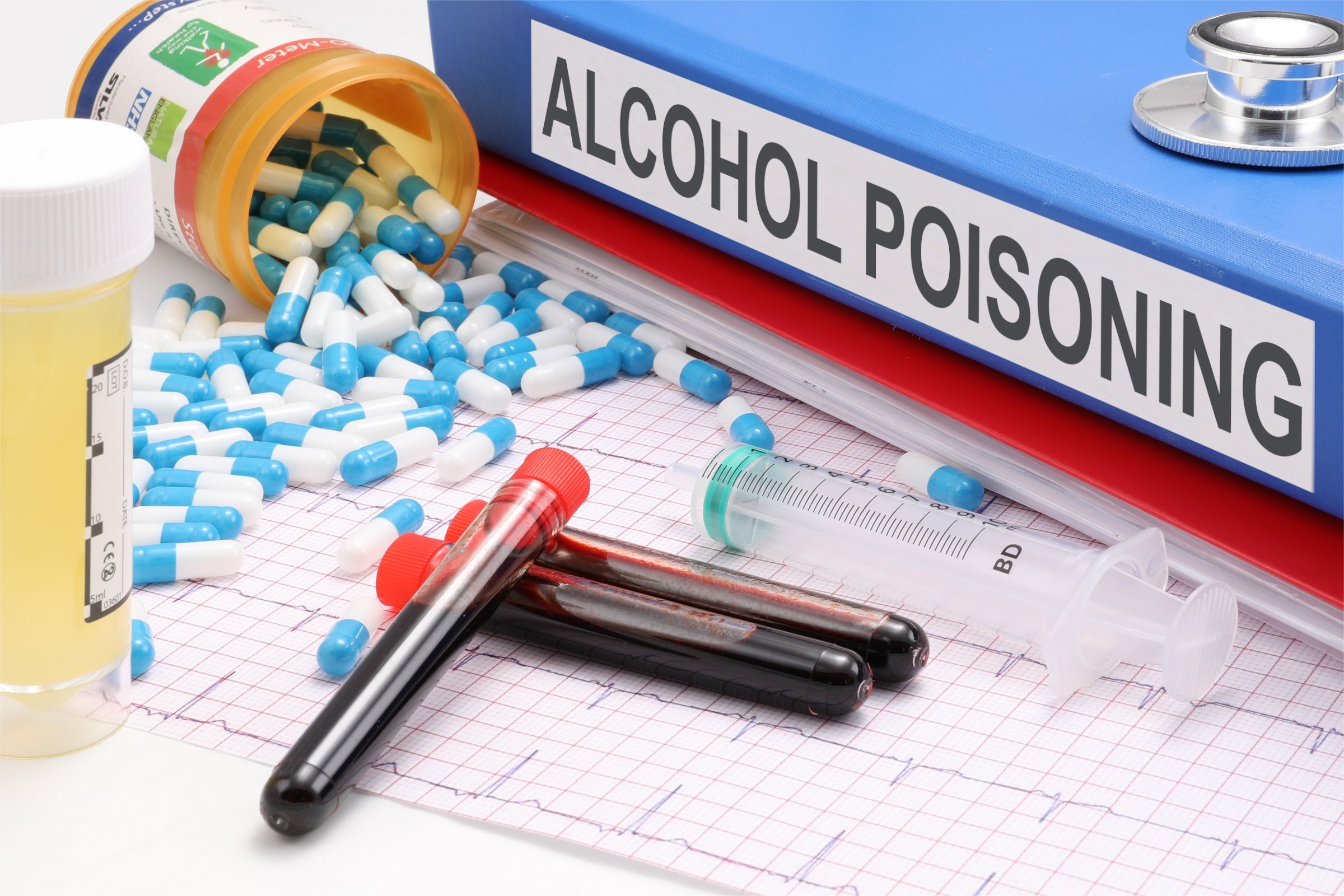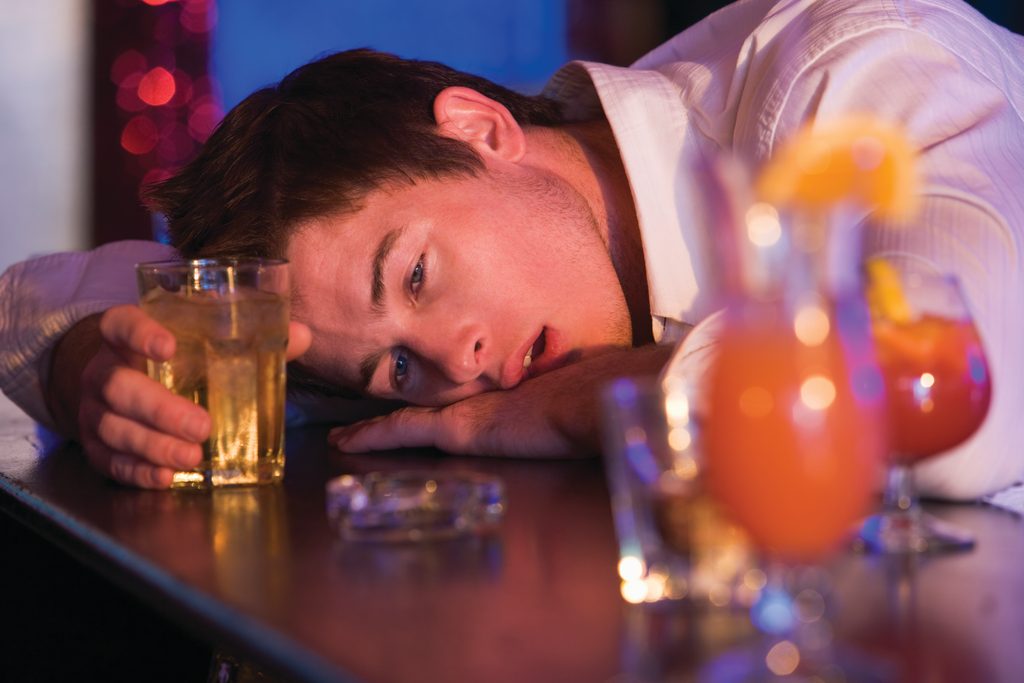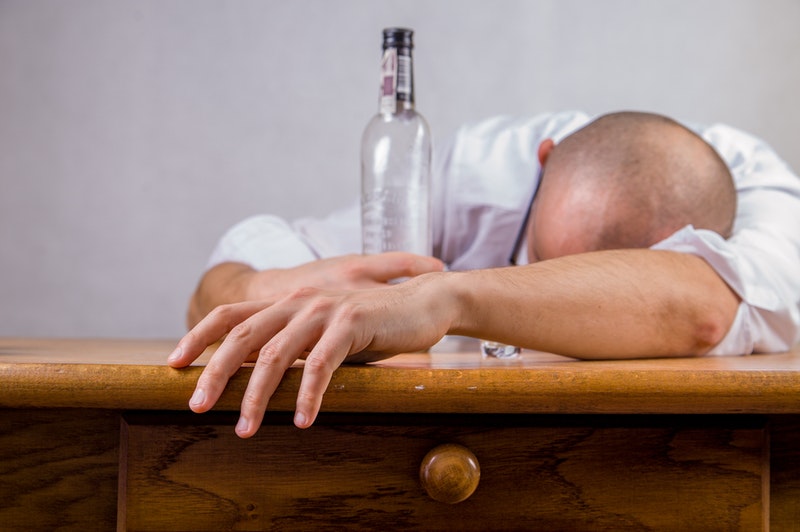First Class Info About How To Detect Alcohol Poisoning

Try to keep them awake and seated upright.
How to detect alcohol poisoning. Excessive drinking can lead to slow or irregular breathing, and a. Slow breathing, which is fewer than eight breaths a minute. About 24 hours after a person's last alcoholic drink, a breathalyzer will still be able to detect alcohol in their system, and they will be caught for drunk driving.
This can quickly escalate and raise the risk of hypothermia, a body temperature below 95 degrees, at which point the body begins to lose essential. And you may need tests to identify. While there are no specific tests to diagnose alcohol use disorder, certain patterns of lab test results may strongly suggest it.
Takeaway there are several tests to measure the level of alcohol in your blood. Yes, if it is not treated soon enough, alcohol poisoning can. It can lead to serious complications and even death.
Breathing patterns and heart rate are critical to monitor when identifying alcohol poisoning. In addition to checking for visible signs and symptoms of alcohol poisoning, your doctor will likely order blood and urine tests to check blood alcohol. These procedures are typically simple but may take several weeks to get results.
Low body temperature (may be indicated by chills or shivers). Don’t leave the person alone. Get immediate treatment help.
An alcohol overdose can damage your pancreas, which digests food and monitors the levels of glucose in your blood. This is when there is a gap of more than 10 seconds between breaths. If you think someone you're with has alcohol poisoning, take these steps:
Signs of alcohol poisoning, which warrant immediate medical attention, include: Seizures or convulsions irregular or slow breathing slow heart rate weak pulse. You'll need to go to hospital to be monitored if you have alcohol poisoning.
If you suspect someone has alcohol. Skin that looks blue, gray or pale. Alcohol poisoning happens when you drink too much alcohol too fast.
If you struggle to moderate your consumption, or. The best way to prevent alcohol poisoning is to gain greater control of your overall drinking patterns and behaviors. Symptoms of alcohol overdose include mental confusion, difficulty remaining conscious, vomiting, seizures, trouble breathing, slow heart rate, clammy skin, dulled responses.

